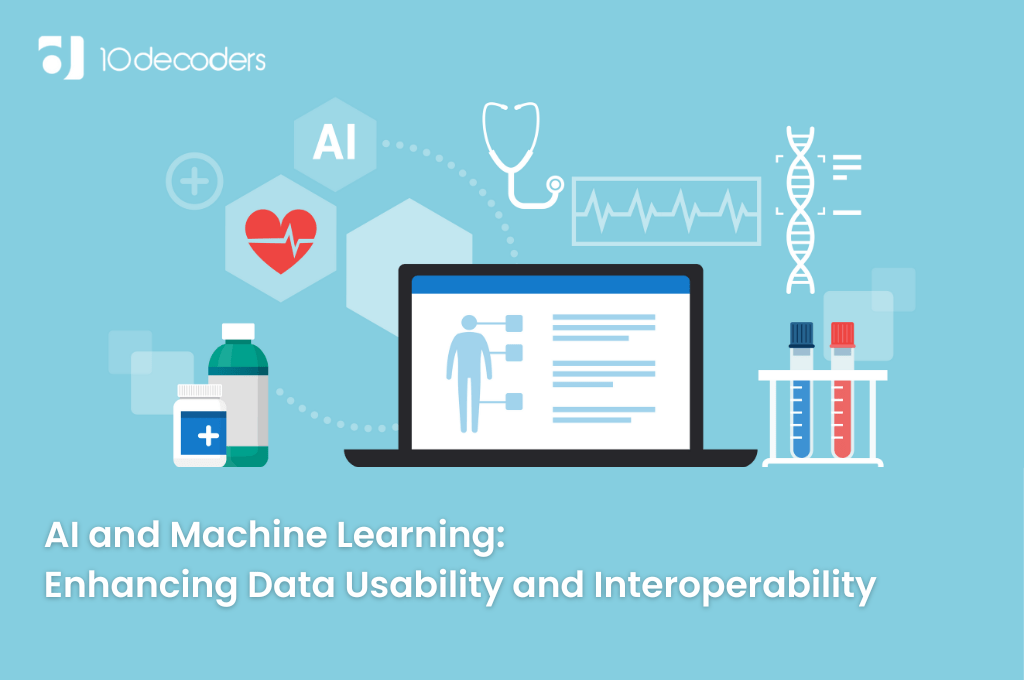HIPAA for Beginners: Understanding Its Role in Healthcare Data Sharing
Navigating the world of healthcare can be complex, especially when it comes to understanding how patient information is protected and shared. A crucial element in this process is the Health Insurance Portability and Accountability Act, more commonly known as HIPAA. This beginner’s guide aims to demystify HIPAA, explaining its importance in healthcare data sharing in an accessible yet professional manner.
What is HIPAA?
Enacted in 1996, HIPAA is a federal law that was created to ensure the protection and confidential handling of patients’ health information. It sets standards for healthcare providers, insurance companies, and other entities that handle health data, dictating how this information can be used and shared.
The Need for HIPAA
Before HIPAA, there were no standardized rules protecting the privacy of health information. This lack of standardization not only posed risks to patient privacy but also hindered the efficient exchange of medical information among healthcare providers.
The Core Components of HIPAA
HIPAA comprises several key components, each playing a vital role in safeguarding health information:
Privacy Rule
This rule sets standards for the protection of individuals’ medical records and other personal health information. It gives patients’ rights over their health information, including the right to obtain a copy of their health records and request corrections.
Security Rule
While the Privacy Rule deals with the general privacy of health information, the Security Rule focuses specifically on electronic protected health information (ePHI). It outlines administrative, physical, and technical safeguards to ensure the confidentiality, integrity, and security of ePHI.
Breach Notification Rule
This rule requires covered entities and their business associates to provide notification following a breach of unsecured protected health information.
Enforcement Rule
This rule governs the investigations that follow a breach and the penalties for non-compliance with HIPAA rules.
Why HIPAA Matters in Healthcare Data Sharing
HIPAA plays a critical role in the realm of healthcare data sharing. Here’s why it’s so important:
Protecting Patient Privacy
At its core, HIPAA is about maintaining the confidentiality and security of patients’ health information. It ensures that sensitive health data is not disclosed without the patient’s consent or knowledge.
Facilitating Safe Data Exchange
HIPAA has been instrumental in the evolution of healthcare IT systems, promoting the safe and efficient exchange of health information. This is crucial for improving the quality of healthcare, coordinating patient care, and enhancing health outcomes.
Building Trust in Healthcare
By safeguarding patient data, HIPAA helps in building and maintaining trust between patients and healthcare providers. Patients are more likely to share necessary health information with their doctors if they are confident that their data is protected.
Navigating HIPAA Compliance
For healthcare professionals, understanding and navigating HIPAA compliance is essential. It involves:
Training and Awareness
Regular training for all employees handling patient data is crucial for HIPAA compliance.
Risk Analysis and Management
Identifying and managing potential risks to patient data is a continuous process under the HIPAA Security Rule.
Implementing Safeguards
This includes physical safeguards (like secured areas for data storage), technical safeguards (like encryption), and administrative safeguards (like policies and procedures).
The Challenges and Future of HIPAA
While HIPAA has been largely successful in protecting patient data, it also faces challenges. These include keeping up with technological advancements, such as telemedicine and digital health apps, and ensuring that these new modalities of healthcare delivery remain compliant with HIPAA regulations.
The Road Ahead
The future of HIPAA involves adapting to the ever-changing landscape of healthcare technology while continuing to protect patient privacy. As digital health solutions become more prevalent, HIPAA will need to evolve to address new privacy and security challenges.
Conclusion
HIPAA is a cornerstone of modern healthcare, playing a critical role in protecting patient data and facilitating its safe sharing. Understanding HIPAA is essential not just for healthcare professionals but for anyone who interacts with the healthcare system. As we move forward, HIPAA will continue to be an integral part of healthcare, ensuring that as healthcare technologies advance, patient privacy remains protected.



